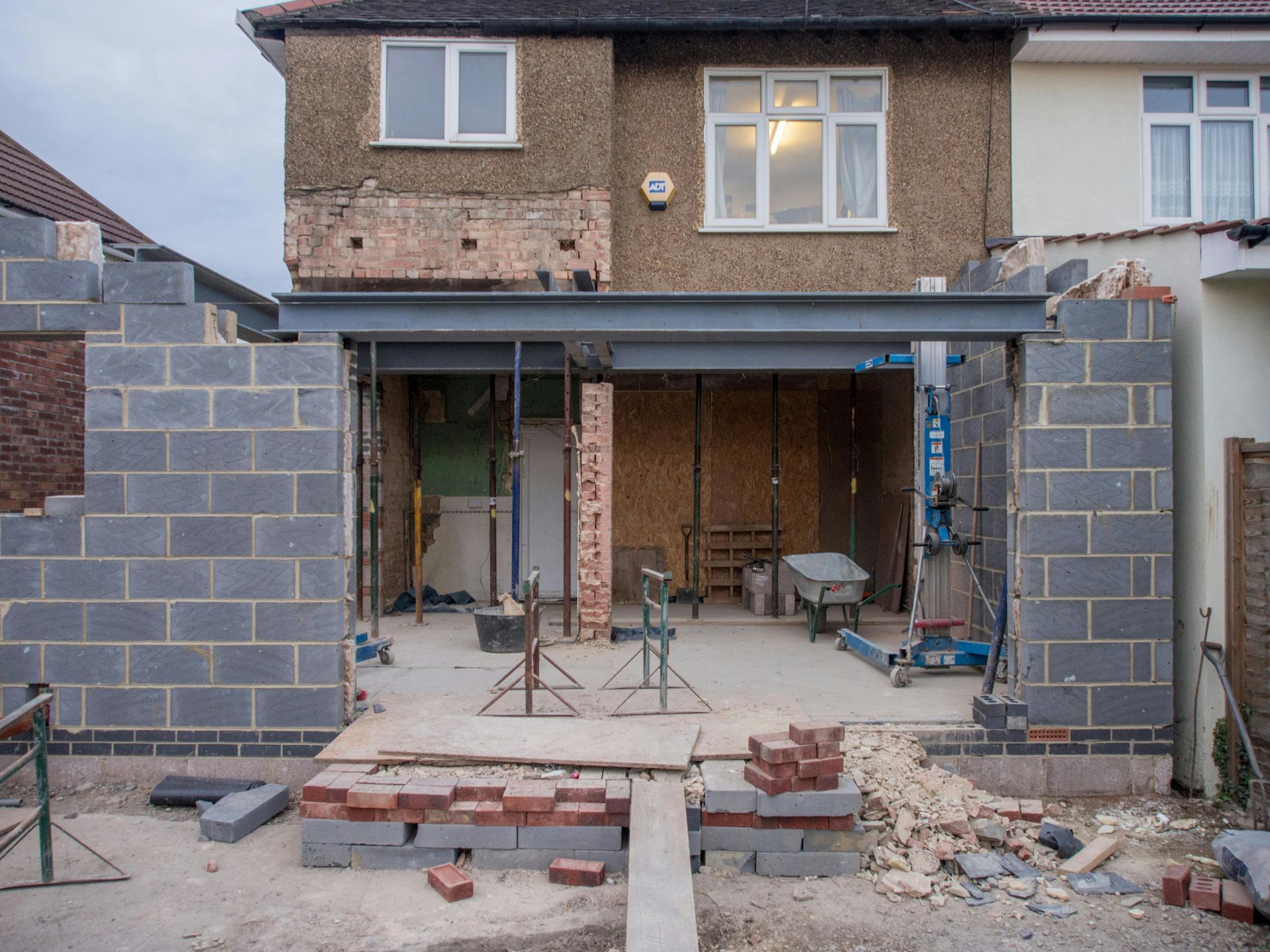What to Know About Financing Unusual Properties in 2025
From Thatched Cottages to Converted Chapels, Unusual Properties Can be Hard to Finance. Here’s How to Navigate Lender Requirements in 2025 and Secure the Right Mortgage
Whether it’s a thatched cottage in the countryside, a flat above a shop, or a converted church in the city, unusual properties appeal to buyers looking for something with charm, character—or a better deal.
But there’s a catch. In 2025, lenders continue to be cautious about non-standard properties, and securing a mortgage often depends on the type of construction, location, and intended use.
Here's what you need to know if you're looking to finance a property that doesn’t quite fit the mould.
What Counts as an Unusual Property?
Lenders generally classify a property as unusual if it deviates from standard construction or use. Common examples include:
- Thatched roofs
- Timber frame or steel frame construction
- Flats above commercial premises (e.g. shops, restaurants, takeaways)
- Converted chapels, barns, or lighthouses
- Properties with multiple kitchens or annexes
- Eco-homes or earth-sheltered homes
- Concrete or PRC (Precast Reinforced Concrete) builds
- Park homes or mobile homes
These properties often pose valuation, insurability, or resale concerns—making lenders more cautious.
Why Lenders Worry About Them
The key concerns for lenders are:
- Structural risks (e.g. fire risk in thatched roofs, degradation of concrete)
- Limited resale market, reducing recoverable value if repossessed
- Insurance challenges, especially for older or heritage builds
- Commercial proximity, which may affect noise, tenant quality, or business risk
- Valuation complications, if comparables are scarce or the property is over-improved for its location
What Lenders Look for in 2025
While attitudes vary across lenders, many will consider unusual properties if key criteria are met:
- The property is mortgageable and insurable
- The valuer confirms the property is in good condition
- There is a strong resale market for similar properties
- The buyer has a larger deposit (often 25%+)
- The property has proper planning and building regulations approval
Specialist lenders and building societies often have greater flexibility, particularly for rural, listed, or heritage properties.
Types of Unusual Properties and How to Finance Them
🔹 Thatched Cottages
- Accepted by many lenders with conditions
- Fire safety features and insurance are key
- May require a specialist valuer
👉 Read our full blog on thatched cottage mortgages
🔹 Flats Above Shops
- Lenders assess the type of business below (takeaways and bars are high-risk)
- Noise, smell, and fire risk are major considerations
- Some lenders cap LTV or require larger deposits
🔹 Timber or Steel Frame
- Modern builds often accepted; older ones may be excluded
- Lenders will ask for structural warranties or survey reports
- Valuation must confirm no degradation
🔹 Converted Properties (e.g. barns, churches)
- Must have full planning permission and building regs approval
- Services and utilities must be standardised
- May require self-build-style finance if incomplete
🔹 Eco-Homes
- More lenders are warming to these—but some technologies (e.g. composting toilets, off-grid systems) raise red flags
- Planning, utility access, and resale comparables are critical
Real-World Example
Willow recently helped a buyer secure a mortgage on a converted Victorian pump house with exposed brick, a mezzanine bedroom, and no standard floorplan.
The property was structurally sound but had no comparables in the area. A high-street bank declined due to the layout, but we placed the case with a specialist lender familiar with architect-designed homes. A detailed valuation report and strong income profile helped secure 75% LTV.
How Willow Private Finance Helps
We specialise in financing:
- Listed and heritage properties
- Converted and non-standard buildings
- Flats above shops and mixed-use spaces
- Homes with annexes, multiple dwellings, or unusual layouts
- Off-grid or eco-property purchases
Because we work across the whole of market, we can pinpoint the lenders most open to quirks—and guide you through insurance, legal, and valuation considerations too.
📞 Want Help Navigating Today’s Market?
Book a free strategy call with one of our mortgage specialists.
We’ll help you find the smartest way forward—whatever rates do next.
Important: Your home may be repossessed if you do not keep up repayments on your mortgage or any other debt secured on it. The Financial Conduct Authority does not regulate some forms of commercial or specialist property finance. The content of this blog is for information purposes only and does not constitute personalised financial advice. Always seek professional advice before taking any action.










